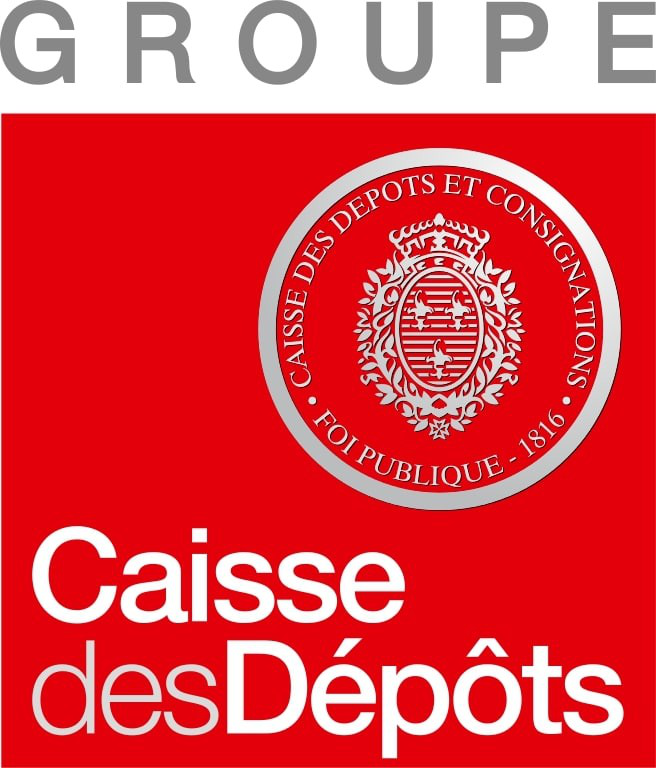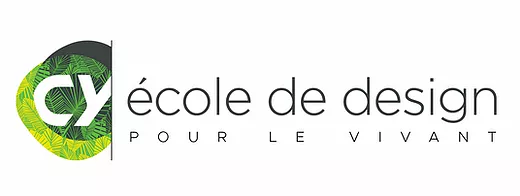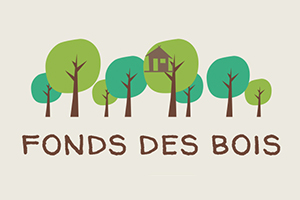Modernization
Published : Seminars |
This seminar wants to be a break-through from the traditional lecture model, by the direct manifestation of its subject. Recent technologies are thus applied to valorize a collective modern intelligence at work.
Diverging from the tradition wich tries to define from Baudelaire to Walter Benjamin what is « modernity », this seminar asks itself what is « modernization », within an original framework and challenging views.
Guests from various fields (philosophs, historians, artists) are successively asked three question :
- What is modernity ?
- What is modernization ?
- What is post-modernity ?
As their answers are collected, they are recorded, indexed, tagged and put online so that the debate may profit from the new models of auto-production and user-generated content where participants log in and take positions through consensus or dissensus with the views displayed.
This enables the emergence of a searchable and open database..
Barcelona seminar
Hidetaka Ishida
View Hidetaka Ishida interview- part 2 (in french) on Lignes de temps
View Hidetaka Ishida interview – part 3 (in japanese) on Lignes de temps
Dominique Lecourt
Katherine Hayles
Youssef Ishaghpour
Jean-Luc Nancy
View Jean-Luc Nancy interview – part 2 sous Lignes de temps
Anthony Giddens
This seminar wants to be a break-through from the traditional lecture model, by the direct manifestation of its subject. Recent technologies are thus applied to valorize a collective modern intelligence at work.
Diverging from the tradition wich tries to define from Baudelaire to Walter Benjamin what is « modernity », this seminar asks itself what is « modernization », within an original framework and challenging views.
Guests from various fields (philosophs, historians, artists) are successively asked three question :
- What is modernity ?
- What is modernization ?
- What is post-modernity ?
As their answers are collected, they are recorded, indexed, tagged and put online so that the debate may profit from the new models of auto-production and user-generated content where participants log in and take positions through consensus or dissensus with the views displayed.
This enables the emergence of a searchable and open database.

 in english
in english en français
en français











